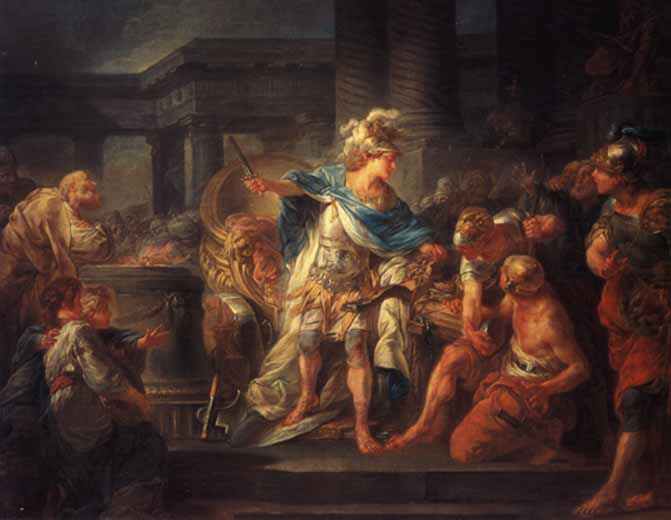Over the next several posts I’m going to answer: “What is my exact position on government?”
These posts focus on my conclusions. Later I’ll explain the reasons behind them, but right now I want you to see where I’m going.
In broadest terms, the government’s role is twofold:
To judge between people who claim wrong has been done and to marshal the people in times of war.
A government is the means of placing the retaliatory use of physical force under objective control—i.e., under objectively defined laws. (Ayn Rand, The Nature of Government.)
The government provides arbitration so that men will have a way to resolve conflicts without resorting to using force against each other. In a land guided by objective laws on what does and does not constitute force, it is appropriate for men to abide by the law, because it is a great benefit to each individual person to live in a peaceful society.
The law system need not be perfect before it is correct that men follow it.
Excepting some moral issues which can supersede law, men do well to follow laws—even those with which they disagree.
But it is crucially important that the laws be objectively defined, not left to the arbitrary interpretation of a ruler. When laws are objectively stated, men can know ahead of time what they mean and how to avoid breaking them. For these reasons, an objectively stated law is also amenable to correction, should society recognize that the law is unjust.
A government is, by definition, a society’s single accepted agent of force.
Only the government may use force, and even then, only in predetermined ways, which the citizens are aware of and can plan for. Objective law is the prerequisite of a just society.
The best societies are those which recognize that the government’s monopoly on force should be used in such a way as to most reduce force from human existence.
In my next post we’ll explore how the government is to do this.
In this series:
